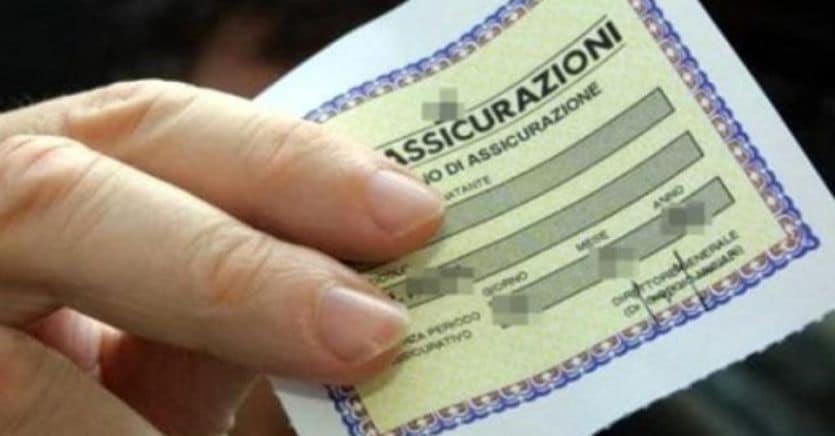Minimal novelty, notable clamor. For a delicate matter like insurance Rc car, media skirmishes have focused on the extension of the direct compensation mechanism to companies based in other EU states introduced by the competition bill launched by the government at the beginning of November. But, to stimulate competition after the anomalous season of the lockdown which has anesthetized prices and customers thanks to the temporary drop in claims with savings of 2.2 billion for companies, the problem is another.
The new mechanism
The extension of direct compensation would be essentially irrelevant. Instead, we must be careful about its functioning. Crippled by the burden of fraud and lack of controls also caused by the system of flat-rate compensation between companies, as well as by legal delays.
In practice, the injured party is compensated by the company with which he is insured, which rivals that of the injurer not for the sum paid, but for a “quantum” set by regulations: any amount of damage that remains under the flat rate is a gain for the company. Which in this way is not stimulated to see clearly on the claims for damages.
Fraud
The numbers ofIvass. And for decades everyone has been pointing to fraud as the main cause that leads Italy to have the most expensive third party liability insurance policies in Europe. As shown in the graph below, the companies investigate only 55% of the claims that are reported as at risk of fraud (half a million, a quarter of the total claims) by IT systems based on the parameters of the law.
It can be objected that these parameters are not very reliable and that it is therefore not advisable to investigate all the claims reported. But, delving into the data, it turns out that not even the in-depth studies seem to give striking results.
For example, knowing that your claim has been put under observation should have a deterrent effect on the alleged victims who “try”. This should lead them not to comply with the claim, abandoning the practice without providing the clarifications requested by the company. And yet this happens in just 8% of cases.
The reports monitored
Not only. Suspicious case reports concern 1 in 4 claims, but only 1 in 8 is investigated. And 90% of those at risk are liquidated, while only 0.8% of companies file a complaint or complaint with the judicial authorities, with disheartening results: out of 100 cases brought to prosecutors, 6 are sentenced.
The companies therefore underline that investigating is not convenient: the judicial system does not work and not infrequently those who work for insurance in the territory (especially in the South) are exposed to threats and reprisals. True. But, if we give up investigating suspicious cases and sometimes even making sure that the photos of the damage are genuine, further fraud is encouraged. At the expense of the customers: the increase in costs is passed on to the tariffs. A spin.
Check on fake photos
Another thesis historically advanced by the companies is that for less serious claims the investigations would end up costing more than the alleged scam. And this is also true. But at least guaranteeing that the photos of the damage are genuine costs a few euros per file and helps to unmask the smart ones.
Not to mention that the extra costs due to investigations can also be seen as an investment that is good to make today (which, moreover, the companies still have in their pockets a part of the 2.2 billion euros saved for the lockdown and not yet returned to customers. ) to eradicate or otherwise reduce the scourge of scams tomorrow.
